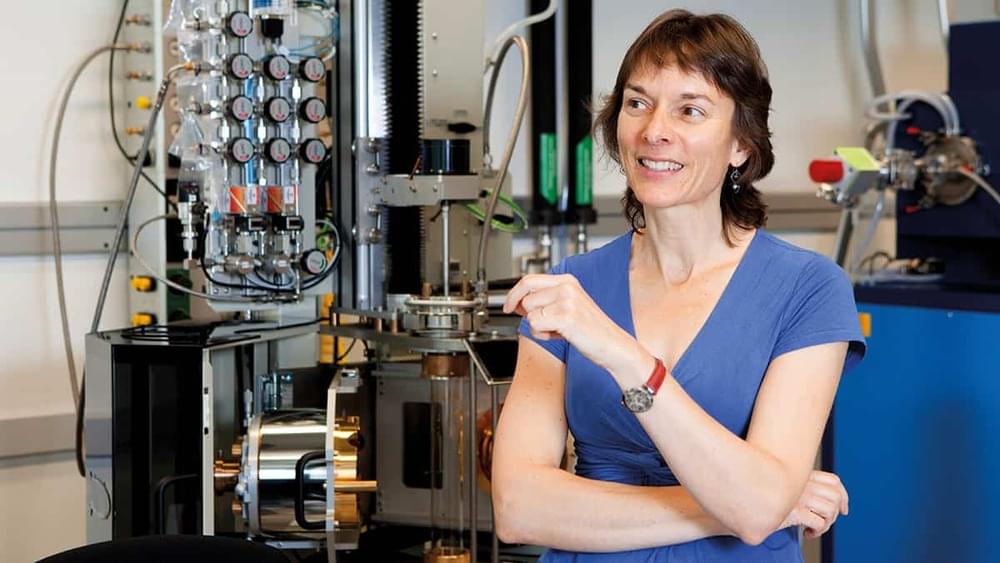When Nicola Spaldin began studying natural sciences at the University of Cambridge in 1988, she planned on becoming a physicist, but then quickly reconsidered. “After about the second lecture I completely changed my mind,” she recalls. “I thought ‘I’m absolutely not clever enough to be a physicist.’ Everybody was very brilliant and I was not.”
Yet it seems Spaldin was vastly underestimating herself. Now a professor of materials science at ETH Zurich, she won two major awards for physics last year: the EPS Europhysics Prize and the Hamburg Prize for Theoretical Physics. Both accolades cited Spaldin’s pioneering work on the theory of magnetoelectric multiferroics – materials that are both ferromagnetic and ferroelectric. These properties are rarely found together, making it very difficult to engineer substances with both, but they have many exciting potential applications, from microelectronics to medicine.
\r \r
